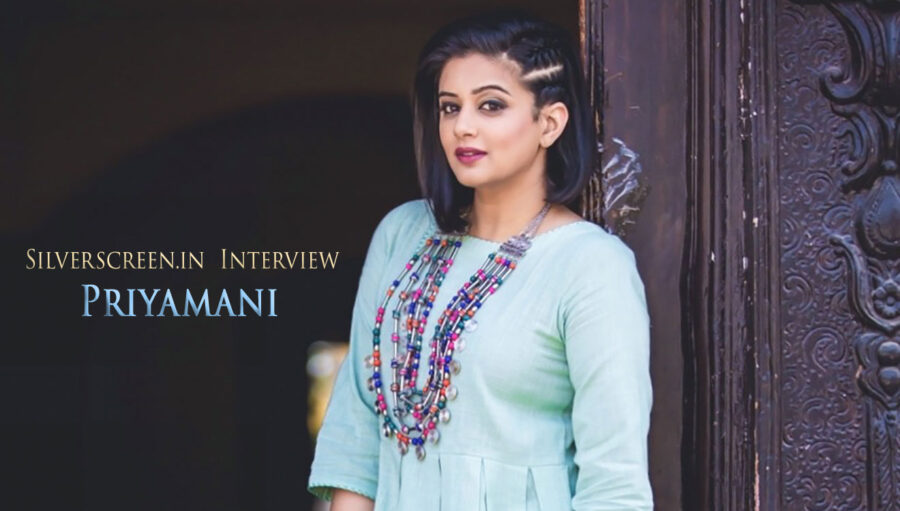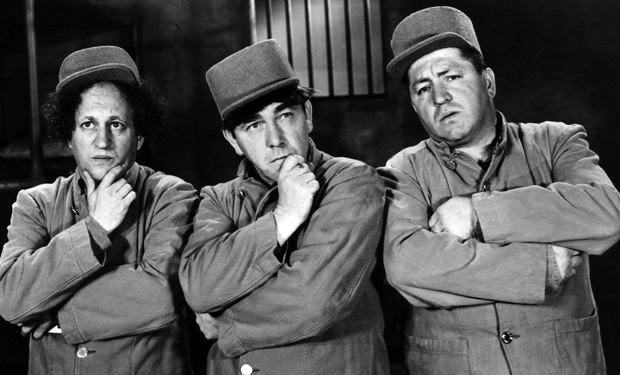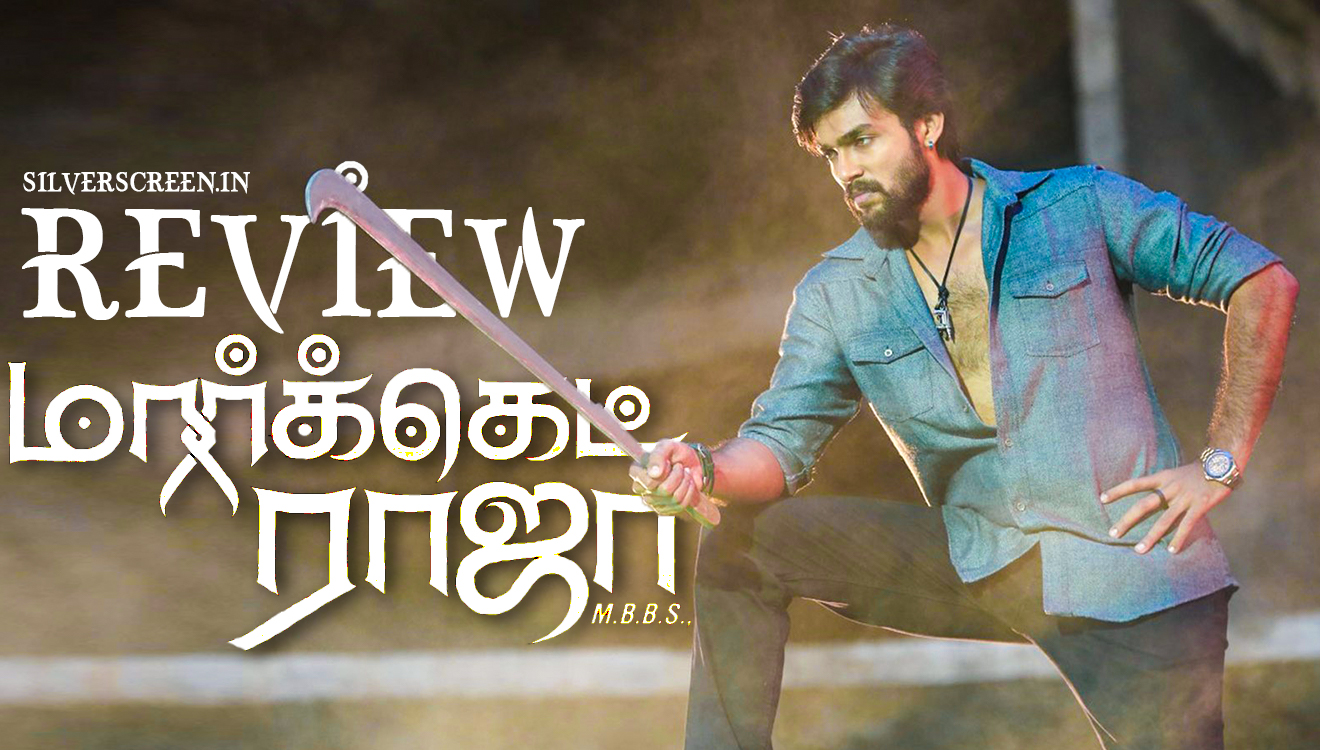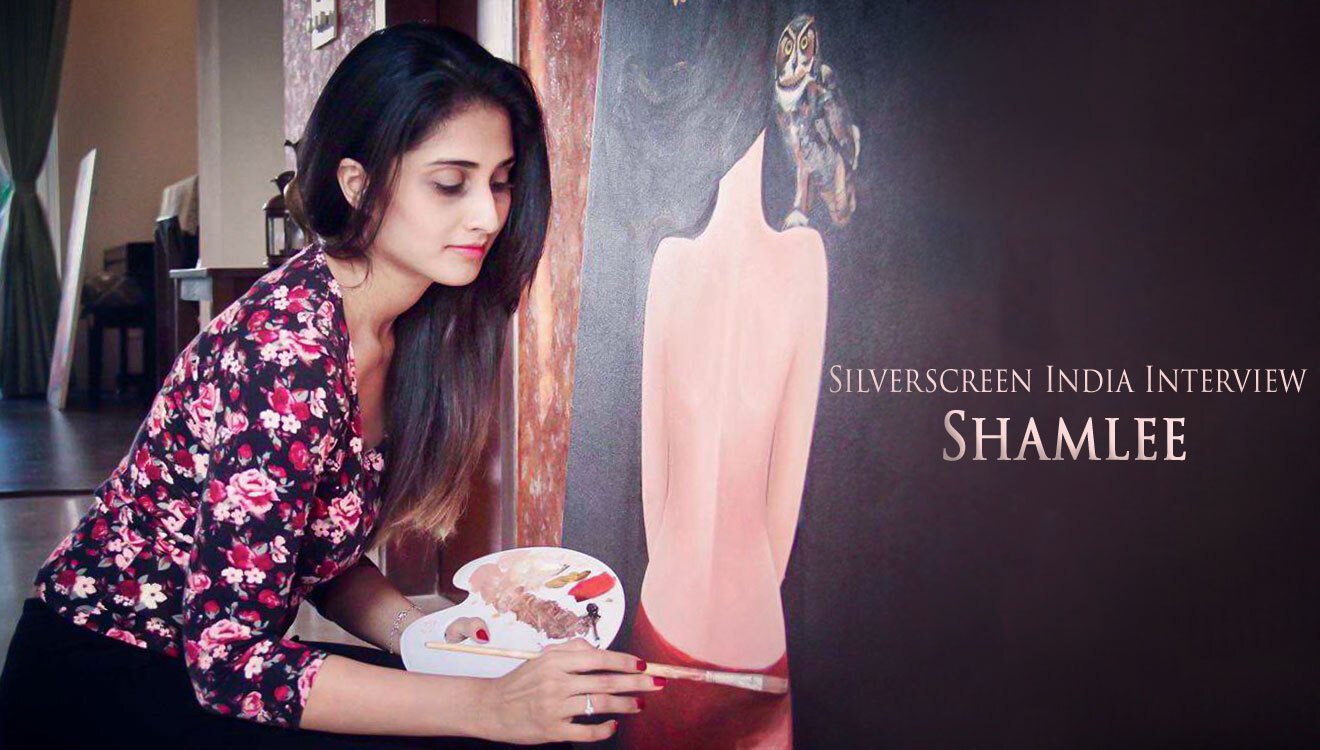It’s 10 days since The Family Man dropped on Prime Video, and suddenly, the world seems to have rediscovered Priyamani. She’s being recognised in airports, on flights, and everywhere else she goes. The actress won a National Award for her role of Muthazhagu in Paruthiveeran (2007) and was left navigating her way an industry that loves to stereotype actors. Her Suchitra in The Family Man is not just an efficient professional, a wife and, a mother. She’s also her own person, someone who’s aware of the effect she has on people, yet also deeply practical. You do wonder if she slips up at some stage, but no one knows.
When the offer to star in the series, directed by Raj & DK (Raj Nidimoru and Krishna DK), known for their Shor in The City and Go Goa Gone, Priyamani said it was not something she could think of giving up.
“Web series are the next big thing in India, and everyone is getting into it. Here was a show that promised a lot, starred Manoj Bajpayee, and gave me a character that was quite complex,” says the actress, a rare artiste who can speak all four main South Indian languages fluently, besides Hindi and English. In the show, she dubbed for herself in Hindi and English.
The character traits of Suchitra are more than what many films have collectively demanded of her on-screen. In a telephonic interview, she speaks about how transformative the series has been, how people now actually see her as an actress, not just as someone who is part of reality shows, and how its success has liberated her and given her the freedom of choice.
Excerpts from an interview:
Many feel that Suchitra is your most definitive role after Muthazhagu. What’s your take?
Suchitra runs the house, is a multi-tasker. She and the children bear the brunt of Srikant’s job. She’s a confident teacher, but she’s hesitant to take a step forward and play to her strengths in a start-up. There’s the angst of not being able to discuss anything with her husband Srikant, who does not really get her desire to do something different. Then, there’s the added confusion of this wonderful relationship she shares with her friend Arvind; he gets her as a person and professional. I’ve not seen such a character in any film of mine. Personally, I thought it was a pretty heavy character for my debut web series. And, Suchi has elicited varied reactions. Some love her, some feel for her, sympathise, others hate her and think she’s let Srikant down.
At some level, The Family Man is the food the artiste in me has been hungry for long. It has reached so many people. It has opened many doors for me.
Your career has been a classic case of someone hitting the peak early on, before hitting a plateau. How do you react when you are stereotyped?
That happens all the time. Now, someone called me after seeing the series, and said, may I offer you a web series. I was like, tell me the story. I don’t want to do cliched stuff anymore. For years after Paruthiveeran, I was offered roles similar to Muthazhagu or that of a village girl. Just because a film worked once in that genre, it is not necessary to only make such films. Now, the trend is to make women-centric films with ghosts. I don’t get why they think women and ghosts make a great team. Sometimes, when I am offered a film in the horror genre with yet another ghost, I tell them to try and offer it to a big hero and see what he has to say. Why they are hell-bent on reducing female talent to the horror genre beats me. I envy the Hindi industry. You have something like a Mardaani, which was so real, subtle, believable. We need women in roles that don’t demand them to be over the top.
So, what kind of actress are you? Method or switch-on, switch off?
The latter. No offense to those for whom method acting works, but I don’t linger once the director says cut. I like to be me when not shooting, and I believe it helps me do better while shooting. And, I love heavy-duty emotional scenes; I think I give my best there.
Was it easy refusing to be stereotyped?
Very difficult. You want to move on, but people don’t want to. I took a conscious call to not repeat a Muthazhagu, and I stuck to it. When I did Malaikottai with Vishal (the film even had a recreation of the famous ‘Ye Aatha, Aathorama’), people were shocked that I wore make-up and could look glamorous on-screen. See, as such, they had to get used to the idea of a heroine with a non-heroine voice. Mine was a base, raw voice, no dulcet tones for me!

What now, after The Family Man?
I’m so happy I want to shout from the rooftops that finally, here’s a team that believed I could pull off such a role. They respected me as a performer, and I loved that. Suchi has also liberated me as a performer. Some of the roles I’ve signed up for in cinema now are truly different, and I like that I’m part of such creations. Even if it’s a character they offer, I want that to be of some relevance, have some importance. In fact, in the recent Kannada hit Nanna Prakara, my character puts forth a point of view that’s important for the film. When director Vinay Balaji narrated the story, I was convinced my character is important. But then, the horror genre keeps calling. Recently, I got one from Malayalam, that I flat out refused. In Telugu, I’m doing a film where the team was tempted to take that route mid-way, but I told them that if they did so, it would take away from their core plot.
Recommended
Looking back, how happy are you with your career?
Mercifully, the industry has moved away from the thought that a married actress is only fit to play the sister, mother or sister-in-law! We are getting better roles. I’ve been busier after marriage. I shuttle from Mumbai to wherever work beckons. I have my reality shows, this web series, films. Finally, I am in a space where I can choose to divide my time among things I actually want to do. I don’t want to sell myself short as a performer. I can take a break, and come back when I want to. There’s this liberty of choice, and it’s a great feeling.



